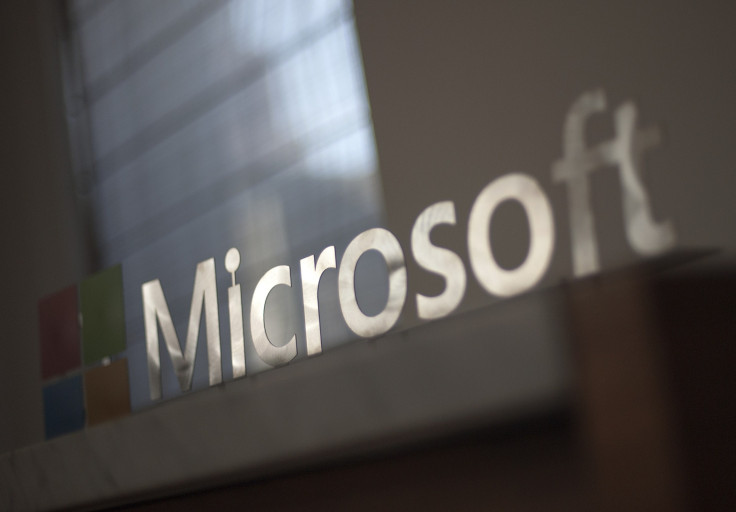Revealed: How Microsoft cut its UK corporation tax bill by £100m

Technology giant Microsoft has reportedly avoided paying up to £100m ($143.59m, €127.34m) in UK corporation tax under a "confidential deal" with British tax authorities. The deal supposedly lets the IT giant send revenue through its operations located in Ireland, which has a tax rate of 12.5% compared to the UK's 20%.
According to The Sunday Times, the firm has sent "more than £8bn" through Ireland since 2011 and key sections of its offshore structure were approved by HM Revenue and Customs (HMRC) in a so-called 'advance pricing agreement' signed in 2012.
Under the deal, the investigation found, revenue from online purchases from UK customers could be booked through Microsoft Ireland Operations (MIO) which is based in Dublin.
According to The Sunday Times, MIO accounts from June 2015 show sales in the UK generated more than£2.3bn that year. However, the tax paid by the UK fork of the firm was £16.9m.
In a statement, Microsoft said: "[The business] complies with all rules and regulations worldwide, including in Ireland and the UK. Our European business, production and distribution is centralised in Ireland and has been since the 1990s. Microsoft UK earns a commission similar to what a third party would receive for performing marketing services for Microsoft Ireland and pays tax on income earned in the UK."
Meanwhile, HMRC said: "No company will pay a single penny less in tax because of [advance pricing agreements]. These simply set out how the tax rules will apply on complex transactions ahead of time and we keep them under constant review."
However, in light of the findings, The Sunday Times claims that HMRC has reached 143 separate 'advance pricing agreements' dated between 2009-2014 alone. The tax authorities would reportedly not disclose any further information on the deals, citing confidentiality.
Microsoft is by no means the only multi-national firm operating in the UK that enjoys the current legal structure. Other technology companies – including Facebook and Google – have previously faced criticism for similar setups.
Facebook faced a backlash after it was revealed to be using similar tax avoidance tactics. In 2014, the firm paid just £4,327 in UK corporation tax on that year's profit of $2.9bn (£2bn). In comparison, the average tax bill for its UK employees was £5,392. After the criticism, Facebook said it would no longer route sales for its major business clients through Ireland.
© Copyright IBTimes 2025. All rights reserved.






















